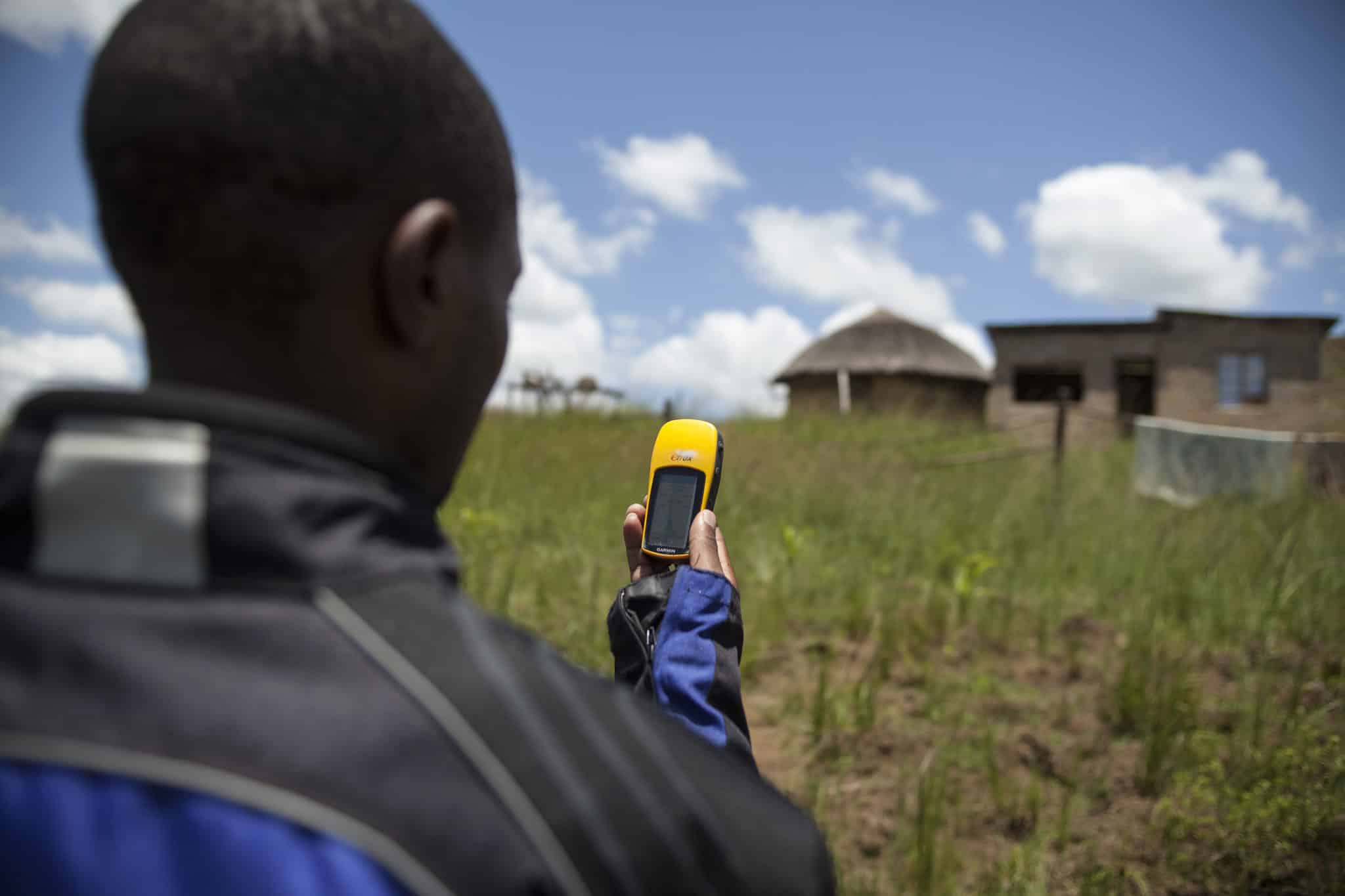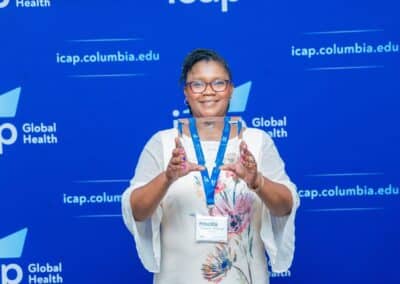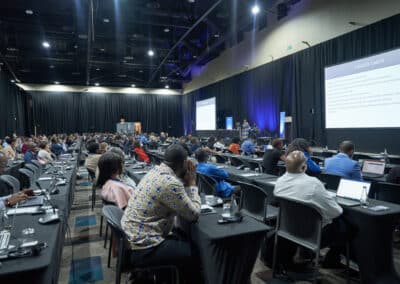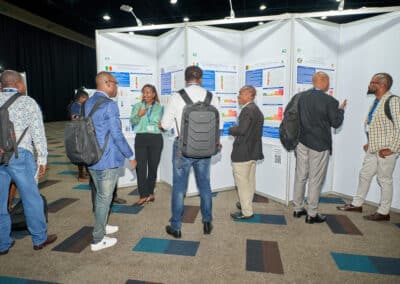The Deputy Director for HIV/AIDS and STIs at the Zimbabwe Ministry of Health and Child Care (MOHCC), pictured below, discusses the importance of a tailored approach to HIV treatment, prioritizing hard-to-reach districts, and how limited resources affect the roll-out of differentiated service delivery (DSD).
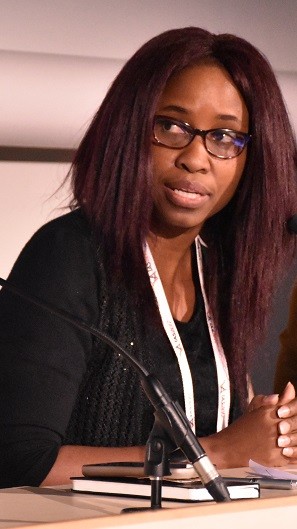
How does your work relate to DSD?
I’m responsible for HIV programs at MOHCC. This includes prevention programs, such as testing services, contraception, and antiretroviral therapy (ART) programs. I see differentiated service delivery as being relevant for all of our programs.
Why is DSD important for Zimbabwe?
Since the ART program started in 2004, we’ve been focusing on scaling up and expanding access. We see a lot of people now accessing treatment, but we also see that we’re providing services that are not well-differentiated, so it is a one-size-fits-all package for patients. It’s time we see how care can be tailored to suit the patient’s preferences so we are better able to serve them.
Differentiated service delivery is necessary to provide those services, and at the same time reduce the burden on health systems where we have constraints in terms of human resources and other supplies. It will help us focus on patients with complications, while stable patients can be managed outside of facilities in the communities and place less burden on health facilities.
What do you hope to see with regards to DSD in the next few years?
We would like to scale-up differentiated services to more facilities. We want to start prioritizing the districts that are hard to reach, so we can provide services to stable patients and follow up with them in the community. We are also looking at providing tailor-made service packages to patients that are unstable, with advanced disease.
We are also looking at certain sub-populations—like men—to come up with ways to address their needs. We’ve created strategies in our operational and service delivery manual, and are looking at ways to support health workers in facilities so they can begin implementing programs.
It’s time we see how care can be tailored to suit the patient’s preferences so we are better able to serve them.”
What are some of your unanswered questions about DSD?
Measurement and evaluation of programs. We want to know what kinds of indicators to use to report how on our progress with DSD—that is something that needs to be answered. Another question is: How can we offer DSD for people with HIV and non-communicable diseases (NCDs)? We need to explore that and come up with a package, because there’s an increase in people living with HIV presenting with NCDs and they’re surviving longer on treatment. They have other conditions that affect their health. We can follow up with a patient and find out that they didn’t die of an AIDS-related illness, but of an NCD. That’s a big concern for us.
What are some challenges you’ve faced in this work?
Mainly resources to roll out DSD models. We do have the tools, guidance, manuals, and policies in place. In terms of rollout we find challenges with resources to support orientation, sensitization of health workers, and capacity-building of the service provider workforce. There is also the challenge of finding tools to support DSD to help us find out what patients fit with which models.
How do you see the CQUIN network helping you and your colleagues scale up DSD in Zimbabwe?
This network is an opportunity for learning and an exchange of information. When you see countries doing well, it makes you want to do things better, so it can spark friendly competition. This is an opportunity for us to learn from one another. We’re very excited to be part of the network and expect to be miles ahead in the next year.
This interview is part of the series: Perspectives on Differentiated Service Delivery, exploring expert views and insights into the importance of differentiated service delivery in sub-Saharan Africa, and the unique challenges they face in advancing services for people living with HIV. For more updates on this series, and other network activities, sign up for our newsletter


